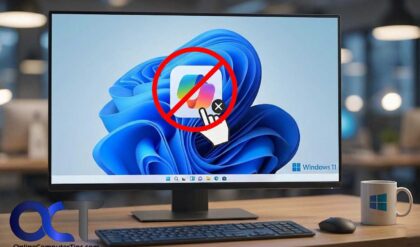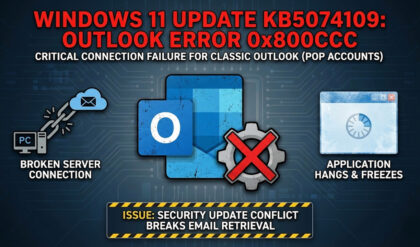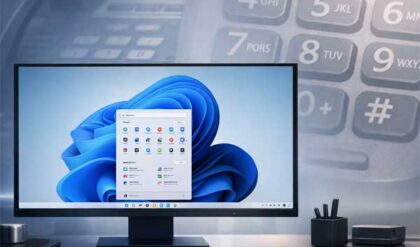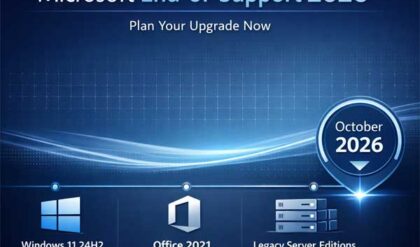**Disclosure: This post contains affiliate links. If you make a purchase through these links, we may earn a small commission at no extra cost to you.
There has been a recent Windows 11 update that is wreaking havoc on a variety of SSD hard drives. Many people who install this update have lost data and are not dealing with a non-functioning computer. This does not apply to Windows 10, so if you are still on this version of the OS, you will be fine.
But if you have a particular brand of hard drive or one that uses a certain brand of hard drive controller, you may be at risk. The Windows 11 KB5063878 update is corrupting SSD hard drives and causing headaches for many people. This is because the update altered how Windows handles Host Memory Buffer (HMB) allocation for DRAM-less SSDs. It changed how Windows allocates system RAM to these drives and changed it from 64MB to 200MB which many drives were not designed to handle. The issue primarily impacts SSDs that utilize Host Memory Buffer (HMB) technology instead of onboard DRAM.
Its unclear exactly which drives are affected but there is a growing number of them making it on the list. Here are some of the more popular SSD drives that are affected by the KB5063878 update.
- NVMe SSDs with Phison controllers
- Western Digital: Black SN770, Blue SN580, Blue SA510
- SanDisk: Ultra 3D, Extreme Pro 3D
- Crucial: T710, P3, P3 Plus
- ADATA: XPG SX8200 Pro
- Corsair: Force MP600
- Maxio: Various models
- Kioxia: Exceria Plus G4
If you have one of these drives and have the Windows 11 KB5063878 update installed, you may experience things such as BSOD (Blue Screen of Death) errors with codes such as CRITICAL_PROCESS_DIED or your drive may disappear from Windows altogether. If you are really unlucky, you could experience drive corruption and data loss.
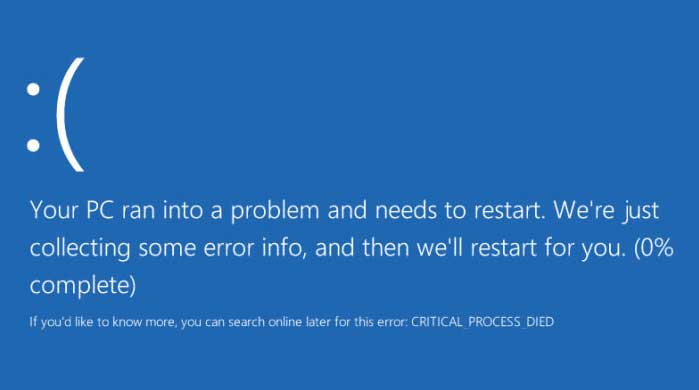
Until Microsoft comes out with a fix, you can try things such as update the firmware for your SSD drive. Manufacturers like Western Digital have released firmware updates to address compatibility with the update. If you recently installed the Windows 11 24H2 update, you can try to roll it back to 23H2 until it’s safe to upgrade. If you are in the market for a new hard drive, you can get one that is not affected by the update and uses onboard DRAM. You can also try to block the KB5063878 update or stop Windows update altogether until things are resolved.
For additional training resources, check out our online IT training courses.
Check out our extensive IT book series.

